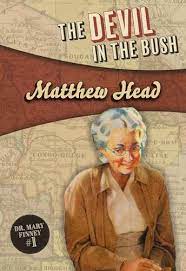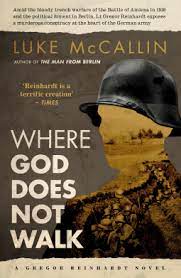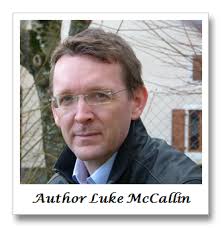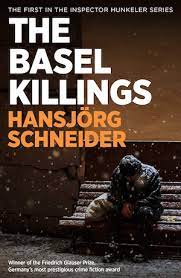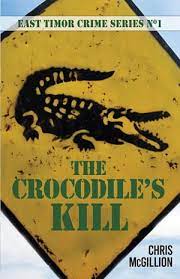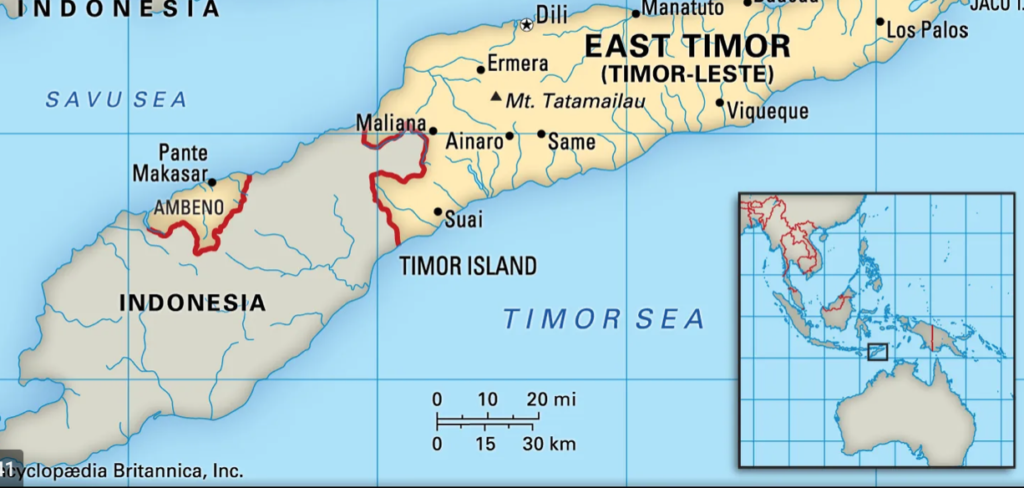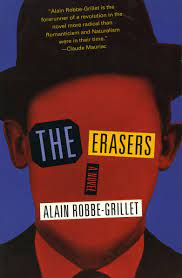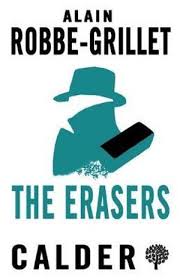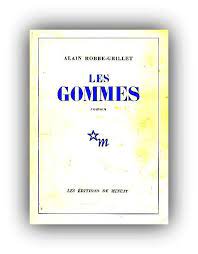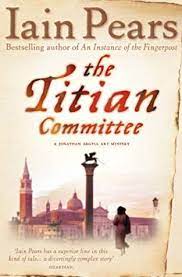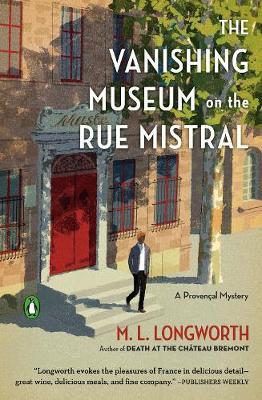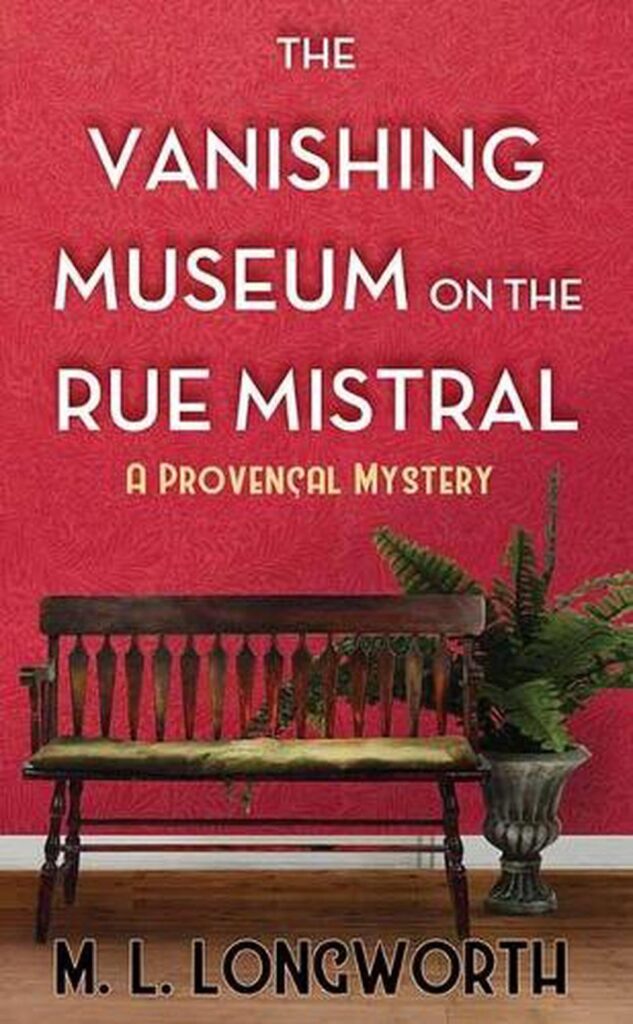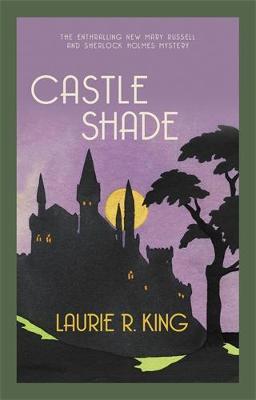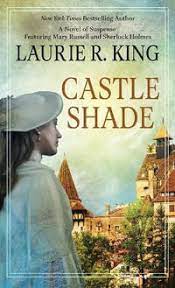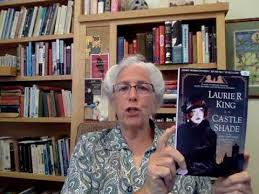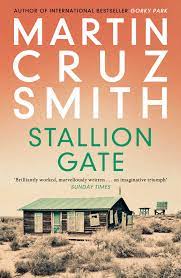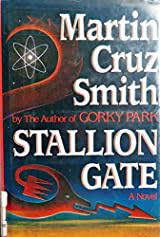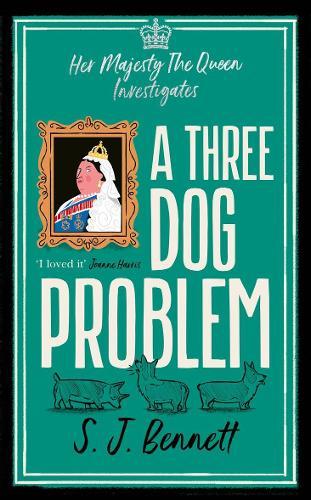The Devil in the Bush (1945) by Mathew Head
Goodreads meta-data is 180 pages rated 3.52 by 27 litizens.
Genre: krimi.
Verdict: Unusual.
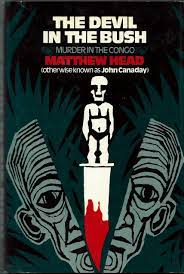
It is the Belgian Congo 1943 where a team from the US Department of Agricultural has been dispatched to assess and assist in the cultivation of important herbs for medicines in the war effort. The Belgian colonial authorities gladly cooperate now that the home country has been occupied by Nazi Germany. One member of the U.S. team who speaks schoolboy French is alone, touring remote plantations and we follow his progress through equatorial Africa until he arrives Ruzi station which is little more than a ghost town with half a dozen Francophones going through the motions. Our man quickly realises nothing can be done here but he too goes through the motions of an assessment. Nothing he can suggest and no supplies or equipment could restore the plantation to productivity after what must have been years of neglect.
Ruzi station is the castle at Otranto, with a small group of people isolated from the outside by distance, bad roads, seasonal floods, unreliable vehicles, killer heat, enervating humidity, and restive natives and most of by lethargy, then one of them dies a natural death, but being in this book, we know it is murder by some means foul. There is skulduggery in the night and sexual tensions this way and that. The plot thickens quick smart.
The first third of the book is told from the point of view of the agricultural agent whose flat feet and bad eyesight have kept him out of the army. It is his first time out of the States and he seems to know little about the Congo until he gets there. Indeed the setting is only lightly drawn (from the pages of library encyclopaedias one might guess). The line between Belgian and France, always much more important to the former than the latter, is blurred. Attitudes to the distant war in Europe are muted.
When Dr. Mary Finney, medical missionary, arrives the energy level goes up considerably. She is well aware of the tensions between the brothers who own and operate the plantation, between the wife of one and her paramour, the budding sexuality of the teenage daughter of the plantation manager, and she is respected by the natives around the station for good works with them. She soon solves the puzzle using the agriculturalist as a gofer, who never does quite see what is going on. (Moi non plus.)
When I came across it, I gave in to temptation because of the exotic setting. But that has virtually nothing to do with the story. By the way, we know in hindsight that one of the reasons the Congo was important at the time was as a source of uranium, but that would not have been common knowledge at the time it was published in January 1945.
There are other Miss Finney titles that I might investigate, since I like her straight from the shoulder manner, and inferential reasoning. And that she has no tedious backstory to bore me. I could not a photograph.
Brazzaville Beach (1990) is also set in the Congo, and makes much more and better use of the locale. There are comments about it on the blog. Click away.
How many krimis set in the Belgian Congo are there? Reply below.

